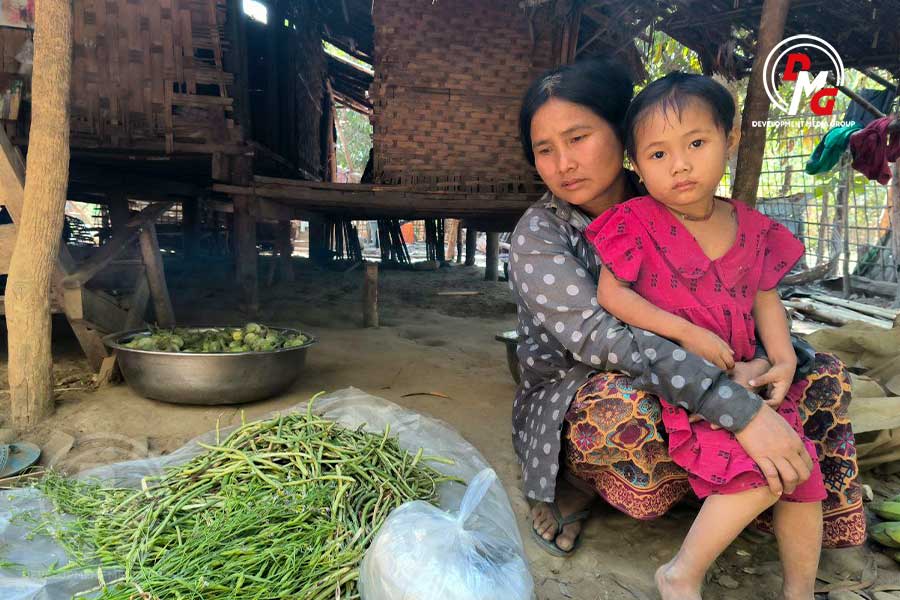- Free schools for IDP children in Arakan State struggle to stay open amid funding shortfall
- Female-headed IDP households in Ponnagyun Twsp struggle as commodity prices surge
- Min Aung Hlaing likely to take State Counsellor role in post-election government formation: Analysts
- Hindus express hope for educational reform under AA administration
- Arakanese zat pwe performers struggle to survive as conflict halts traditional shows
Three people facing legal action for violating Covid stay-at-home order in Gwa Twsp
Authorities in Gwa Township, Arakan State, have arranged to take action against three people under the Natural Disaster Management Law for breaching a local stay-at-home order, an official of the Gwa Township General Administration Department (GAD) told DMG.
28 Aug 2021

DMG Newsroom
28 August 2021, Gwa
Authorities in Gwa Township, Arakan State, have arranged to take action against three people under the Natural Disaster Management Law for breaching a local stay-at-home order, an official of the Gwa Township General Administration Department (GAD) told DMG.
The order in question restricts residents’ movement after 12 noon, and was imposed in Gwa Township on August 25 as Covid-19 infections remained elevated in the township. The three people were arrested for allegedly breaching the directive on August 27.
“They did not adhere to the local order and went outside during the time they were told to stay at home,” the GAD official said.
The three detained people are a resident of Ra Hine Kuto village in Gwa Township and two men from Ayeyarwady Region, who were staying in Gwa Township’s Daung Chaung village.
Under the local order, shops in Gwa Township, apart from those selling basic foodstuffs, medicines and medical supplies, have been told to limit their hours to between 5 a.m. and 12 noon.
Ward administrators and village heads in Gwa Township are empowered to issue permission cards allowing holders to leave their house during the daytime curfew for healthcare access or funeral affairs, as well as in emergency cases.
Social welfare associations in Gwa Township have said the local order’s restrictions on vendors and daily wage workers are likely to cause livelihood difficulties.

















.jpg)